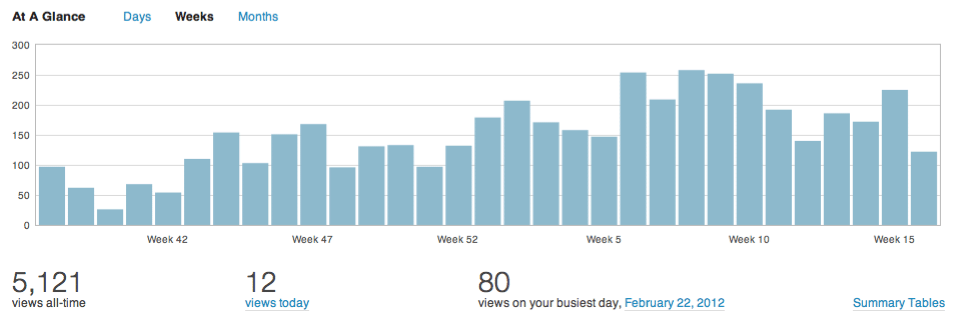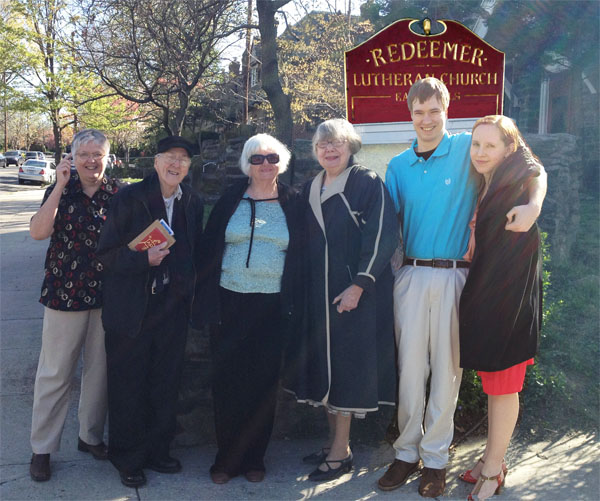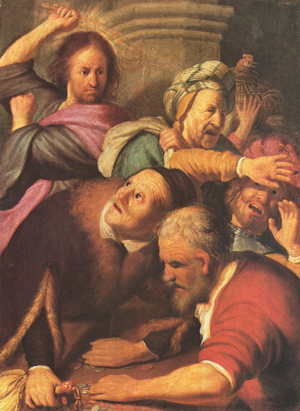SEPA has a new website for congregations to share ministry initiatives. SEPA has been ignoring Redeemer ministry initiatives for years. We doubt our contributions to their website would be recognized.
We’ll share them here.
Please keep in mind that the initiatives we list are in addition to the work every church does — planning worship, caring for the needs of congregants, and witnessing our faith.
God has been doing something new at Redeemer for a long time.
Ministry to and by immigrant community. God has been reaching out to immigrants through Redeemer for nearly 16 years. How is this new? There are two traditional methods of reaching out to ethnic communities.
- Have separate worship services with separate leadership, creating a community within a community.
- Have one size fits all liturgical offerings.
Redeemer’s approach differed because we worked hard to unite new church members with older community members. We could write a separate entry for many of the techniques we integrated into our community life. It has been a broad-based comprehensive outreach effort. It was successful. The congregation was growing (probably at the fastest rate of any SEPA congregation) when SEPA Synod Bishop Claire Burkat (sensing that a long-desired wish to control our property might be slipping away) declared, “White Redeemer must be allowed to die; black Redeemer…we can put them anywhere.”
God is doing something else new . .
Community involvement. SEPA Synod locked Redeemer members out of God’s House and kept the doors locked for nearly three years. Meanwhile, Redeemer has found new ways of maintaining our worship life. We’ve built on our existing relationships with the community. An offer of free meeting space has strengthened our connections with the local theater club. We have become more involved in the East Falls Community Council. At a recent Community Council meeting we sat and listened to SEPA Representative Rev. Patricia Davenport tell the community they are interested in having a Word and Sacrament church here. Meanwhile they haven’t a clue as to what to do with the property they took from us — that was being used as a Word and Sacrament church with a vibrant ministry.
God is doing something new . .
Ambassadors Program. Without a church home, Redeemer representatives began visiting other churches, learning from them and sharing with them. This has broadened our traditions . . . even as SEPA calls us closed. We are seeing the common challenges of small churches and are gaining an advantage in finding ways to serve small faith communities.
God is doing something new . . .
Internet Ministry. We experimented with our web-based ministry with great success. We are still collecting ideas and implementing initiatives through our website and watching very carefully how the site is viewed and what problems are most on readers’ minds. We are challenged to find ways to respond to the needs we discover . . and they are very interesting.
God is doing something new . . .
Worldwide mission impact. Redeemer is in conversation with church leaders from all over the world, using the internet to grow ministry. We believe our work will have widespread influence in the regional church and worldwide among Lutherans and interdenominationally. We will create a strong base of support for initiatives that will help small churches. We believe it is possible to fund small ministries through initiatives that compensate for the challenged offering plate.
God is doing something new . . .
Justice. Redeemer is learning the cost of standing for what we believe in and are learning the weaknesses of Lutheran government. We are in conversation with other small congregations struggling with their cash-strapped synods. We hope our experience will one day make the church we love (despite its attacks on our members) stronger. We envision a church active in mission in new ways with renewed vision for a new generation ministering to a changing world.
God has more work cut out for us . . .
Reconciliation. We hope that one day SEPA Lutherans feel powerful enough in God’s love to reconcile with us. That too will break new ground.
SEPA was stronger with Redeemer than it is without us.










